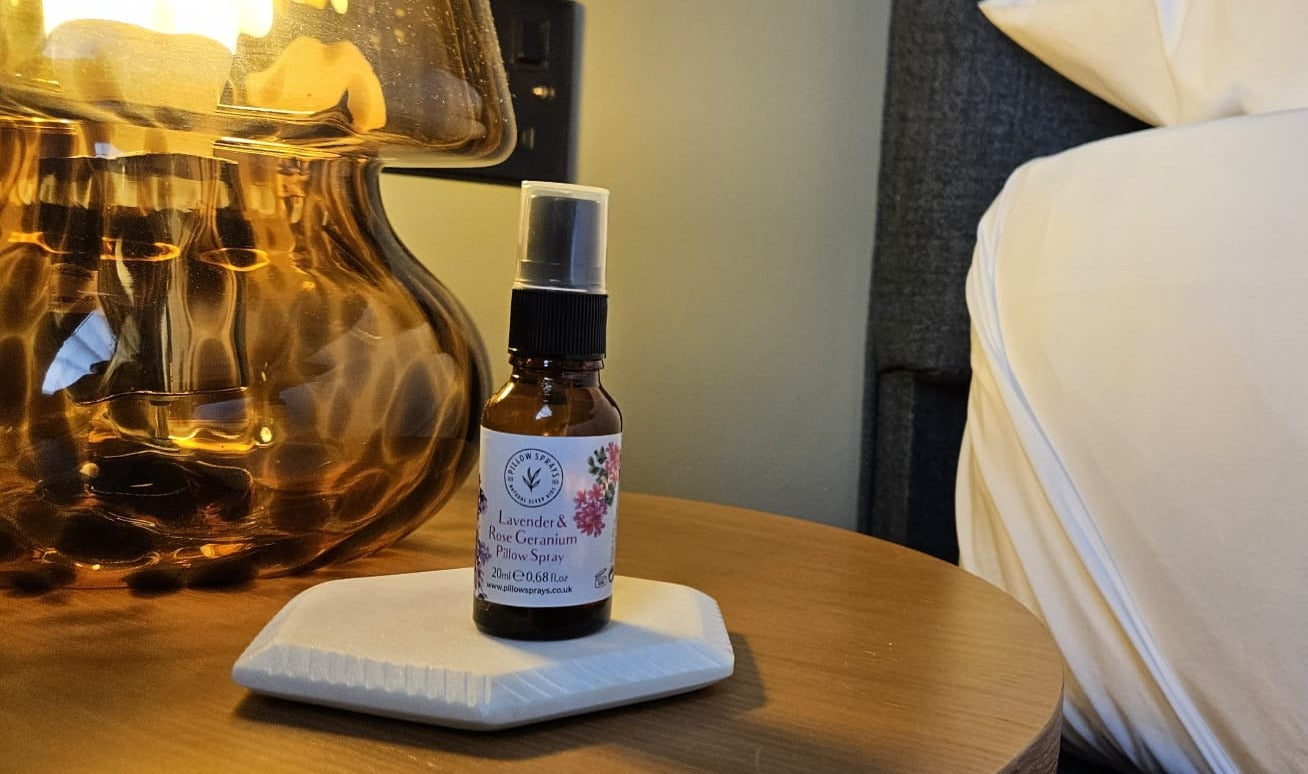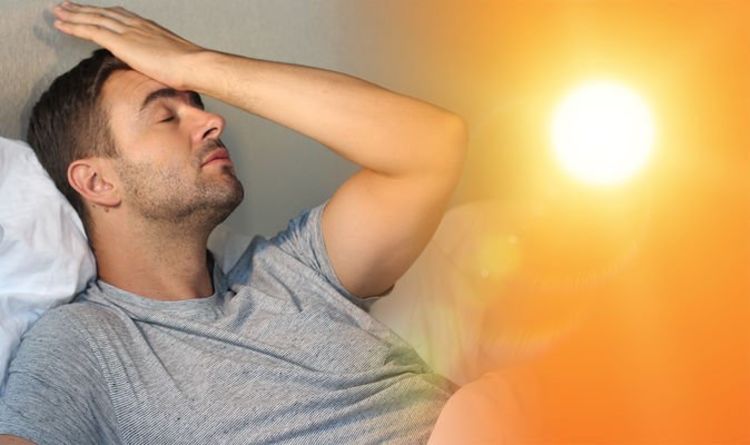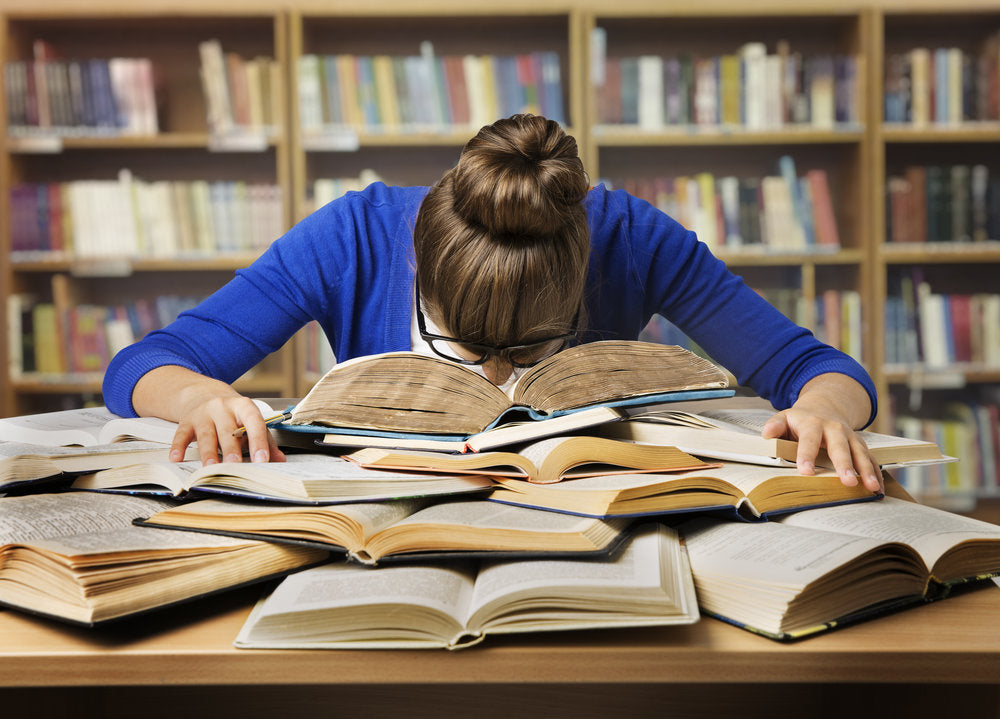
Can Exercise Help You Sleep Better?
, by Steven Crumblehulme MSc, MAR, 3 min reading time

, by Steven Crumblehulme MSc, MAR, 3 min reading time
30 minutes of exercise each day can lead to an improvement in mood, energy and cardiovascular health. Can it also help our sleep?
We are all very aware of the benefits of exercise for our body and mind. Around 30 minutes of exercise each day can lead to an improvement in mood, energy, better cardiovascular health, improved immunity, weight loss and better memory abilities. Can it also help with improving our sleep? In this Blog post I’ll be looking at the evidence.

You’ve probably experienced days where you’ve had a long walk, bike ride or exerted yourself more than usual, and a long, deep sleep follows. Is this just a one off or is there a real connection between exercise and sleep?
Research suggests there is, albeit with some caveats. Yang et al (2012) reviewed several studies that looked at middle aged participants (aged 40 and above) to investigate whether aerobic or resistance exercise led to improvements in sleep. By testing participants before and after a few months of an exercise program, results showed a moderate effect – there was a reduction in the time taken to get to sleep and participants reported better overall sleep quality.
Jurado-Fasoli et al (2020) looked at different types of exercise to see if one had a more beneficial influence on sleep than another. Participants either did no exercise, general aerobic exercise, HIIT or HIIT with electro-stimulation of the muscles. Sleep measures were taken, and the results revealed that all exercise groups scored better on the sleep questionnaire compared with the control group. The group engaging in HIIT with electro-stimulation experienced a higher total sleep time compared to the other groups.

Why does exercise have this effect? The obvious answer would be that our bodies need more rest following strenuous exercise, but there are other, more indirect reasons.
There are times when exercise may actually make it harder to sleep, though. Any strenuous exercise close to our bedtime could raise our core body temperature, sometimes for up to an hour or so. Our body temperature needs to be cooler to fall and stay asleep, so this would create a problem. Additionally, aerobic exercise helps to release endorphins, which can create higher levels of brain activity that makes it harder to ‘switch off.’ As a result, it is best to exercise at least a couple of hours before we intend to go to bed.
Do you find you sleep better after exercising earlier in the day? What works for you? Let me know in the comments below.
All Blog posts are written by Steven Crumblehulme, the founder of Pillowsprays. Steven has a background in Cognitive Psychology and Holistic Therapies. The Pillowsprays range is a selection of products made using premium essential oils to help you sleep better, naturally.


